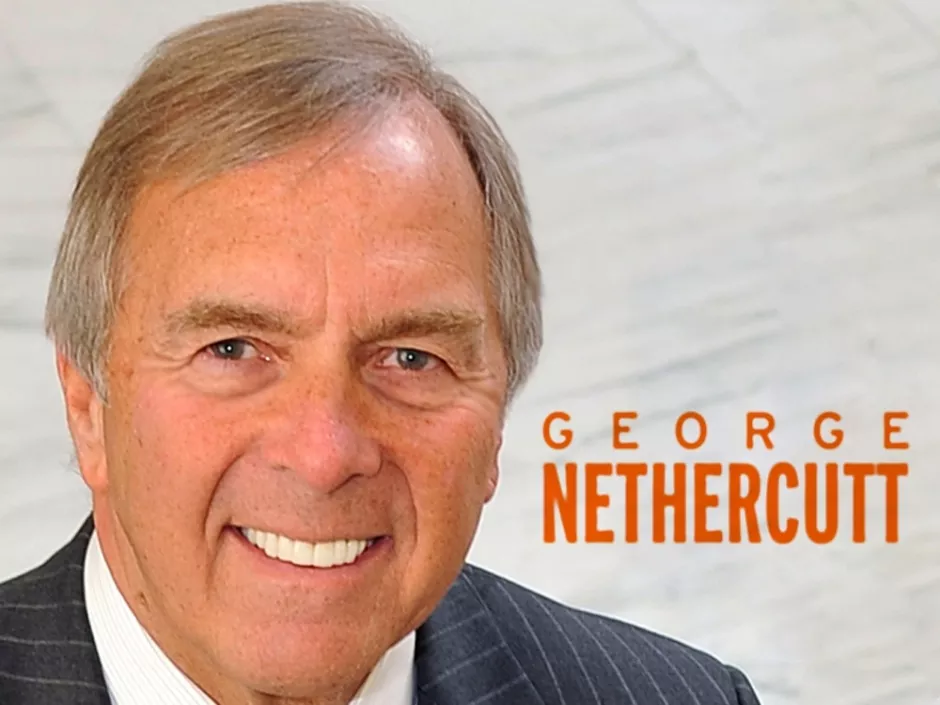There’s something deeply troubling about American politics — the latest presidential campaign proves it. Even though the voters have now spoken, American political culture dipped to new lows judging from campaign tactics in the election’s closing days, the candidates’ television ads and the frantic, superficial outreach to narrow voter groups. American politics will suffer further, and the quest for upstanding candidates will wither to the detriment of representative government if something doesn’t change about our system and the candidates who populate it.
When Mr. Obama began his reelection campaign, it was devoted solely to defining his opponent with nasty and misleading attack ads, not touting his own record. Only when the presidential debates aired did voters observe the real Mr. Romney. The 2008 “hope and change” slogan became the “mislead the public about Romney” exercise, dividing Americans, all to win reelection.
The Obama television ad known as “the first time” circulated on swing-state airwaves: it showed a young, tattooed woman speaking about the importance of a first-time experience, implied to be sexual, but actually referring to voting for the first time, an appeal to young voters who might relate to her style. Mr. Obama’s tasteless ads and accompanying phrases, calling his opponent a “BS-er,” liar, woman-hater and tax-dodger, were hardly appropriate presidential expressions. Mr. Romney’s criticisms of the failed Obama record and poor performance reached higher levels, reflecting the candidate’s character.
Yes, politics is rough, and names get called in the heat of political battle, but candidates set the tone for their campaigns — they’re responsible for the level to which a campaign dips. Obama’s went way low. In essence, you are how you campaign. Low campaign equals low candidate, but the low means never justify the ends. Both candidates’ approval ratings were below 50 percent by election time, illustrating the greater problem of how negative tactics disgust the electorate: accepting such practices as normal immunizes voters from expecting higher standards.
Voters should decide now what future campaign tactics they’ll tolerate. Federal candidates who cross the line should pay a price. Both political parties should publicly commit to higher standards and hold candidates responsible for campaign breaches — and withhold campaign help from violators. The American press corps can play an objective, important role here, if only they will. Voters are also obliged to study candidates and understand the consequences of electing them, withholding contributions from those who go low, regardless of party loyalty.
A sharply divided electorate chose in 2012, even through the fog of deceit. While America’s problems won’t disappear after this election, voters deserve candidates committed to public service marked not by further division, but by their commitment to unifying policies and addressing serious national problems.
There’s no guarantee the United States will ultimately survive deep divisions caused by income and wealth disparities, errant government policies or the dumbing-down of American politics. Because of failed national leaders, young voters are alarmingly dropping-out of electoral politics. Civic engagement for young adults is waning; it’s been diminishing since the 1960s. Too many Americans are uneducated about what has led to U.S. prominence for more than two centuries. The electorate is fractured along racial and income lines. Candidates’ thoughts of what solutions might appeal to all Americans are obscured by ethnic appeals and excessive focus on trivial issues, such as a candidate’s religion, his wealth or birthplace. No wonder the largest growth in party affiliation is “Independents.” Many Americans don’t even vote.
Here’s a prescription for the future:
- Federal candidates should publicly agree, upon declaring their candidacy, to hold monthly press conferences to answer questions about their policy positions.
- Federal candidates should publicly commit to at least five public debates with their general election opponent in a format that allows inquiries about current issues that require a candidate’s fulsome response, not the usual 90-second sound bites.
- Federal candidates should openly agree to take a standardized survey, like naturalized citizens do, testing their basic knowledge of civics, government, economics, history and foreign policy 60 days before the general election, with test scores available to the public, so that voters will know their suitability for elective office.
- Federal officeholders should hold regular, comprehensive, monthly press conferences during their term, without fail or excuse.
Voters should also define candidate expectations now for future elections. The public will endorse higher standards for dignified candidates who agree to be accountable for their public decisions and expressions. We must know they’re worthy of the office they seek.
oters should also define candidate expectations now for future elections. The public will endorse higher standards for dignified candidates who agree to be accountable for their public decisions and expressions. We must know they’re worthy of the office they seek. ν

















